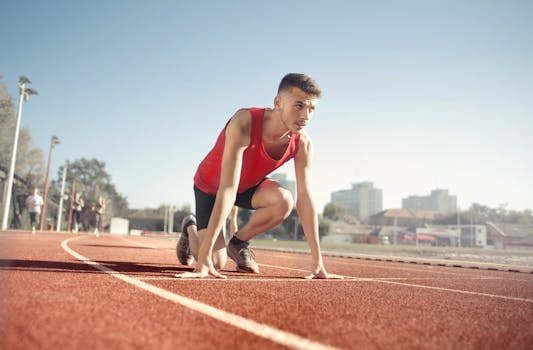
Introduction
Trying out a trail race for the first time can be both exciting and a bit intimidating. Unlike road races, trail races take you through unpaved paths, forests, hills, and sometimes rugged terrain. Here’s what you need to know before lacing up your shoes and heading out for your trail race debut.
Preparation
- Research the Course: Study the course map and elevation profile. Understand what kind of terrain to expect.
- Train Accordingly: Incorporate trail runs, hill work, and strength training into your routine.
- Gear Up: Trail shoes are essential for better grip and stability. Pack water, snacks, and a hat for sun protection.
On Race Day
- Arrive Early: Give yourself time to familiarize yourself with the start area and warm up properly.
- Pace Yourself: Trails can be unpredictable. Start slow and adjust your pace based on the terrain.
- Respect Nature and Fellow Runners: Leave no trace, yield to faster runners, and be courteous on narrow paths.
After the Race
Trail running can be tougher on your body than road running. Recover well with stretching, hydration, and proper nutrition. Most of all, celebrate your achievement and enjoy the camaraderie with fellow trail runners!
Conclusion
Your first trail race will be a memorable experience. Embrace the challenges, savor the scenery, and most importantly, have fun on the trails!
Comments
Post a Comment